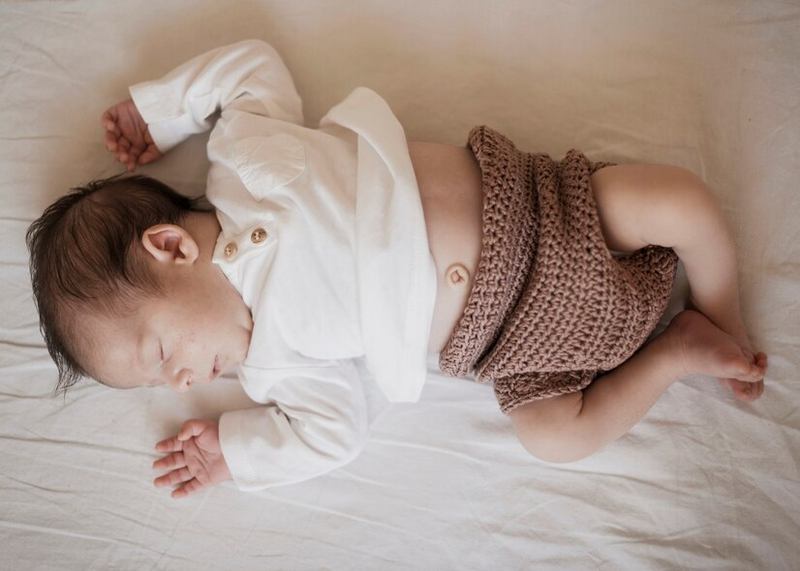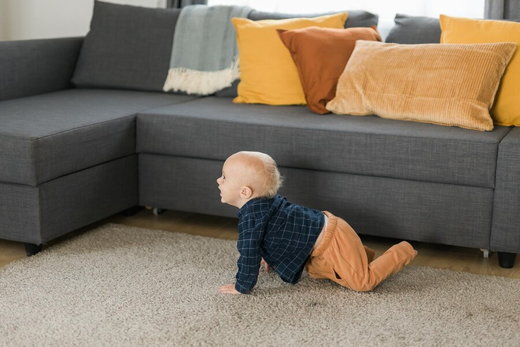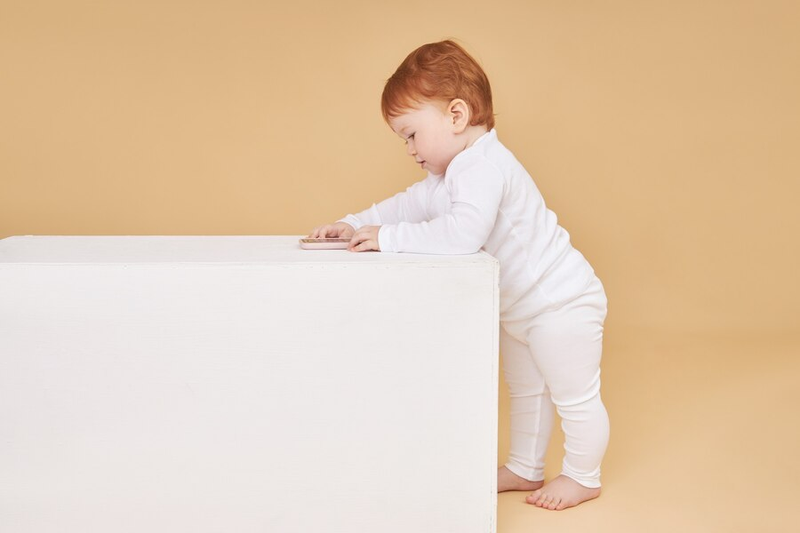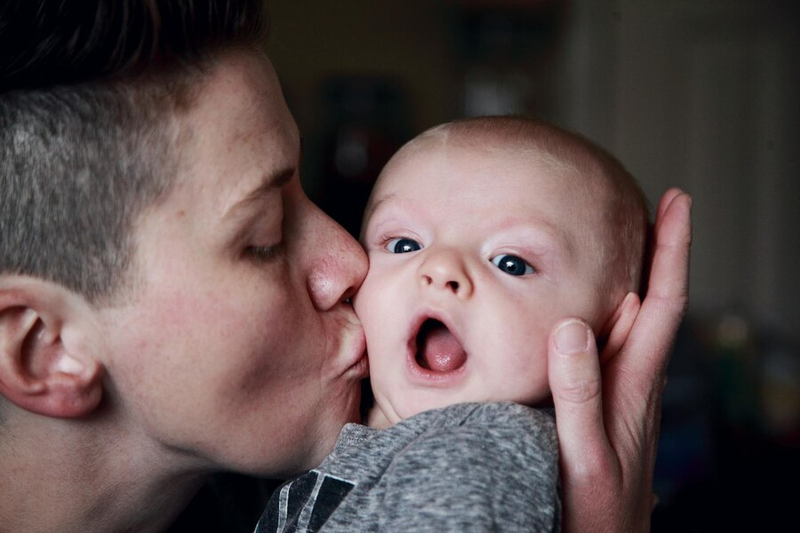 A sleeping baby suddenly crying can be a stressful experience for parents. Sometimes, the baby cries during the day and continues to cry even more at night. In severe cases, it can take a toll on the mental well-being of both parents. However, it’s important to understand that babies are not being irrational. For infants who cannot talk, crying is their primary way of expressing discomfort. It’s not about wanting to cry—if they could use words to communicate their needs, they certainly would. For now, crying is the only way they can get your attention.
A sleeping baby suddenly crying can be a stressful experience for parents. Sometimes, the baby cries during the day and continues to cry even more at night. In severe cases, it can take a toll on the mental well-being of both parents. However, it’s important to understand that babies are not being irrational. For infants who cannot talk, crying is their primary way of expressing discomfort. It’s not about wanting to cry—if they could use words to communicate their needs, they certainly would. For now, crying is the only way they can get your attention.
At first, you may struggle to interpret the different cries, but as you gain experience, you’ll become better at understanding your baby and identifying the reasons behind their tears. Here are some common reasons why babies cry and how you can address them.
Common Reasons Babies Cry
- Temperature discomfort: Babies may cry if they are too hot or too cold. The optimal room temperature for them is between 68°F and 72°F. Avoid dressing your baby in heavy clothing, as overheating can also cause discomfort.
- Dirty or improperly fitted diaper: If the diaper needs changing or isn’t on properly, your baby may cry to let you know.
- Uncomfortable clothing: Tight clothing or clothing with scratchy labels can make your baby uncomfortable and lead to crying.
- Physical discomfort: Numb arms or legs, or being in an awkward position, may prompt your baby to cry.
- Fatigue: If your baby’s eyes remain open for too long, they may be tired and in need of rest.
In addition to these general causes, there are three common conditions that might explain why your baby cries in their sleep:
1. Sleep Cycle Transitions
Human sleep cycles include Rapid Eye Movement (REM) sleep and non-REM sleep. REM sleep, also called active sleep, is when you might notice your baby’s eyes moving under their eyelids. Babies spend a longer time in REM sleep, and transitioning between sleep cycles can lead to crying.
This behavior is normal and usually nothing to worry about. Your baby may briefly wake, wave their arms, twitch, or cry during these transitions. However, they typically settle back to sleep on their own within a few minutes.
2. Overtiredness
Babies have limited wake windows, usually one to two hours, depending on their age. If they stay awake too long, they can become overtired, making it harder for them to fall asleep and increasing the likelihood of crying. To prevent overtiredness, try to follow your baby’s natural sleep cues and establish a consistent nap routine.
3. Teething
Teething can also make babies cry, both during the day and at night. If your baby is teething, they may seem unusually sensitive and irritable. Look for signs such as increased drooling, gum rubbing, or putting objects in their mouth. If teething is the culprit, consult your baby’s doctor for ways to ease their discomfort.
Tips for Handling Crying
When your baby cries, it’s natural to feel concerned. However, it’s important to stay calm. If you’ve checked on your baby and everything seems fine—the diaper is clean, the temperature is comfortable, and there are no signs of distress—wait for a moment. Often, babies can self-soothe and stop crying on their own.
By understanding the common reasons behind crying and observing your baby’s patterns, you can respond more effectively and confidently. Remember, this stage will pass, and as your baby grows, they’ll develop new ways to communicate their needs.
If your baby’s sleep problems are getting you down, you might want to check out Maydolly’s smart bassinet. (https://www.maydollybaby.com/collections/maydolly-506-cradle)
It’s designed to make your life easier with features like an automatic rocking function and built-in white noise, which you can set to turn off after a certain time. The bassinet even has a cry-detection feature that activates the rocking to help soothe your baby back to sleep.
Maydolly’s smart bassinet is all about making life with a newborn a little easier, giving you a chance to catch your breath. They’re dedicated to being a trusted brand that grows with your baby. If you’ve got any questions, feel free to reach out and learn more! Here is the support@maydollybaby.com.
References:
Zawn Villines, (January 30, 2019), How to soothe a baby crying in their sleep https://www.medicalnewstoday.com/articles/324327 My Health Alberta. (2023). Signs of Pain in a Child: Care Instructions. https://myhealth.alberta.ca/Health/aftercareinformation/pages/conditions.aspx?hwid=zp4263#abu5086




























